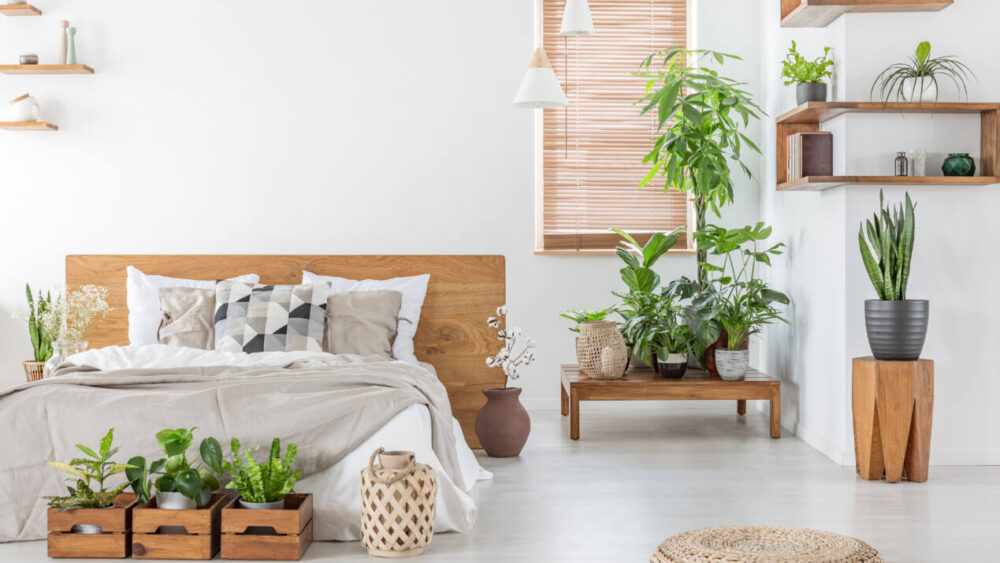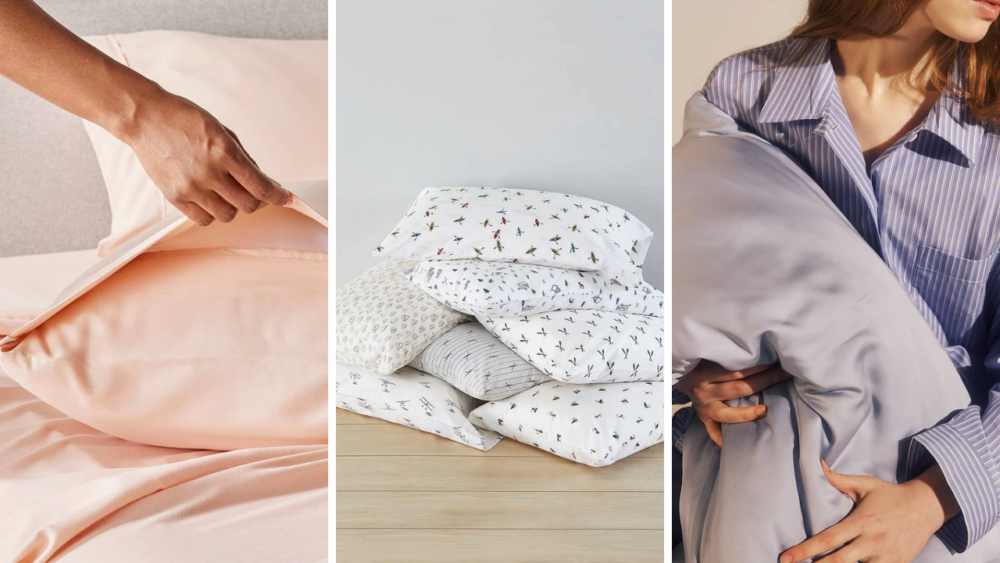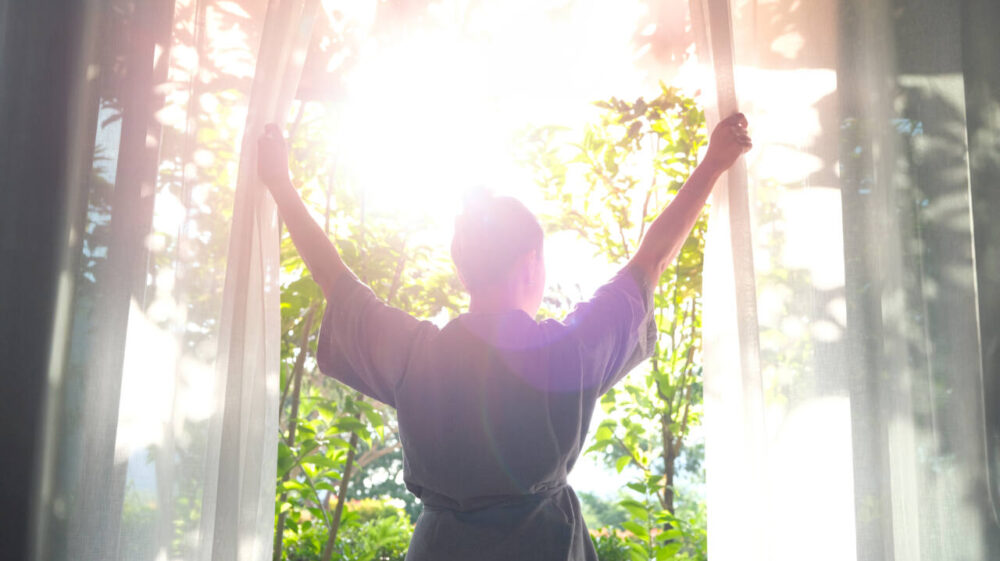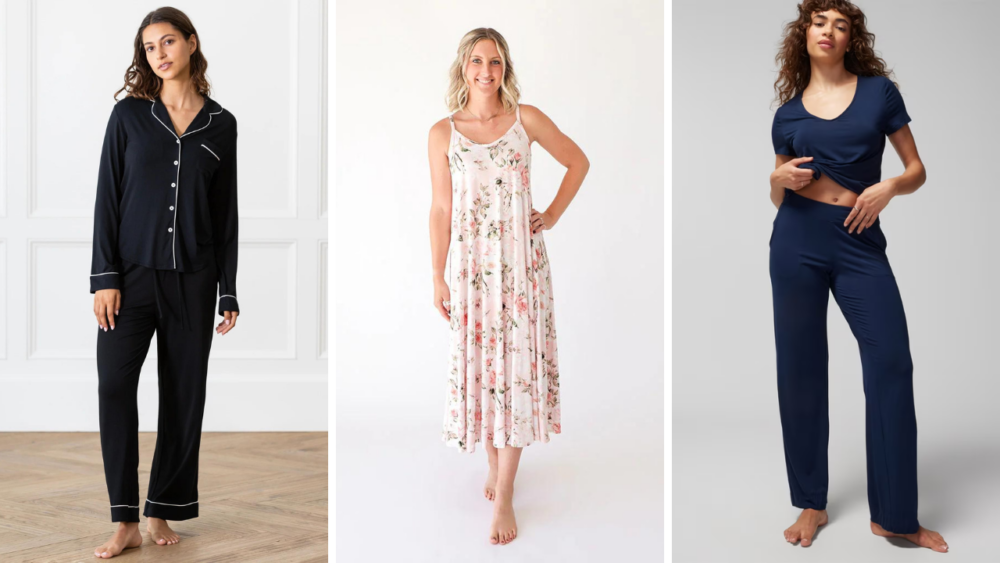New research finds that TV and your cell phone really are terrible for your sleep
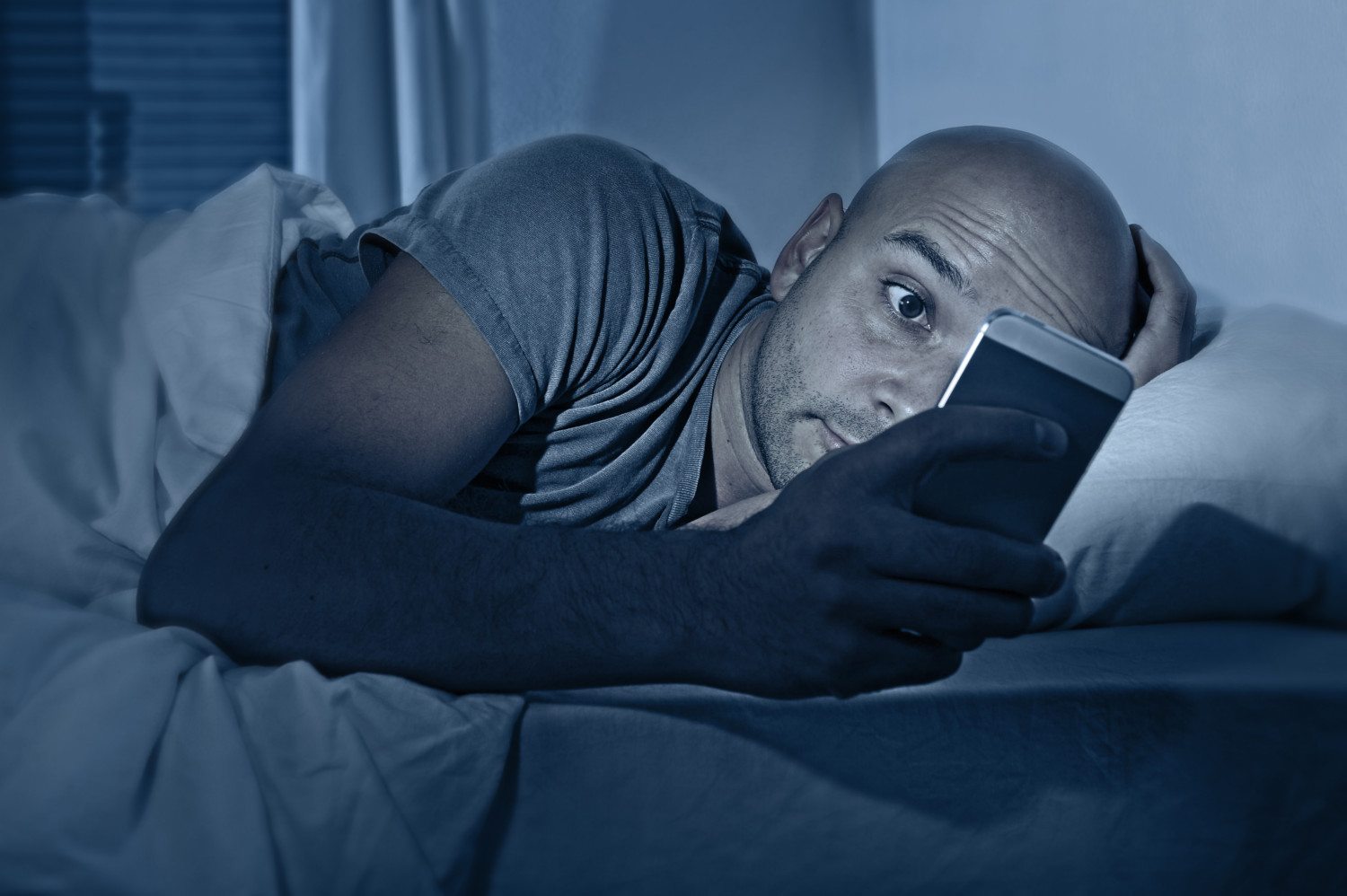
These days, if you’re not addicted to one or more digital devices, you’re definitely in the minority. We use our smartphones, tablets and digital TVs for so many things, from entertainment to organization. And while you probably know excessive amounts of screen time aren’t great for your mental health, there’s now a new study showing that digital devices can seriously affect your sleep, too.
Researchers at the University of Houston College of Optometry found that the blue light that comes from digital devices is likely a factor in the high prevalence of sleep dysfunction in the United States. Blue light, which comes from LED devices, can often boost alertness, disrupting the normal human internal body clock (sometimes called circadian rhythm) that send signals of sleepiness at night.
The study, published in Ophthalmic & Physiological Optics, had participants (ranging from ages 17-42) wear wavelength-blocking glasses before bed for several hours over two weeks, while still doing their normal nighttime digital routine. Those who wore them had a whopping 58 percent increase in their nighttime melatonin levels, and also reported sleeping better, falling asleep faster and increasing their sleep duration by 24 minutes a night. This shows that the glasses helped mitigate some of the effects of the blue light.
Dr. Lisa Ostrin, the study’s lead author, said, “The most important takeaway is that blue light at night time really does decrease sleep quality. Sleep is very important for the regeneration of many functions in our body.”
So set limits on the use of digital devices before bed, ceasing all use for at least an hour before you hit the sheets. If you absolutely must scroll that Instagram feed as you fall asleep, make sure your phone is set to night mode, or try blue light-blocking glasses, like the ones used in the study. You can also keep your phone, tablet and TV out of your bedroom entirely. Regular exercise and optimizing your sleep habits are also key to help you get more restorative zzzs.


